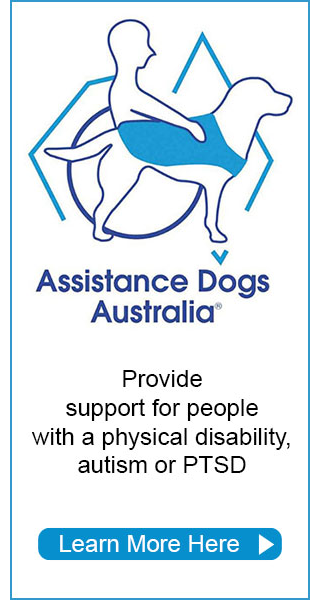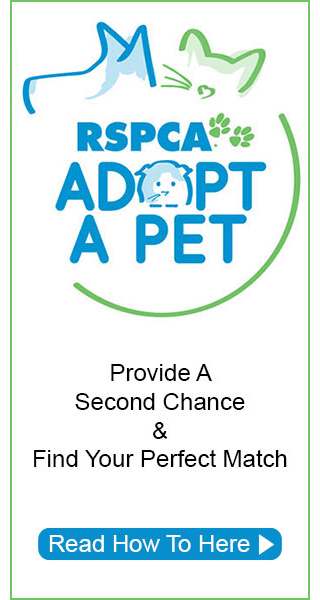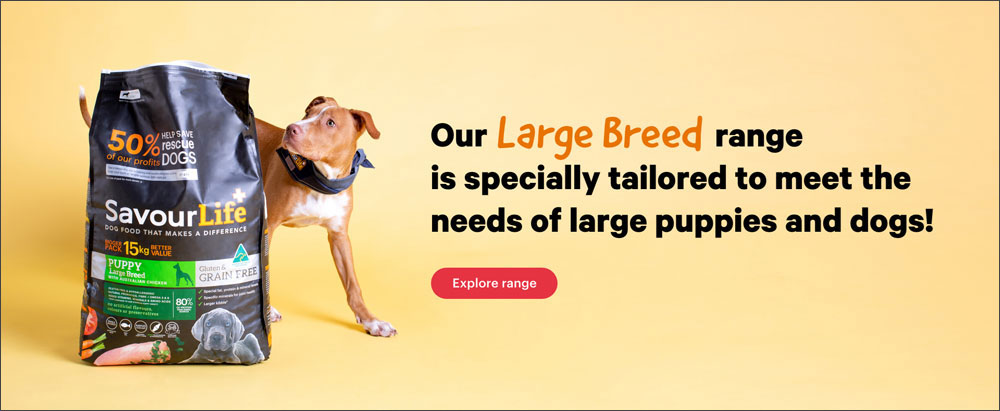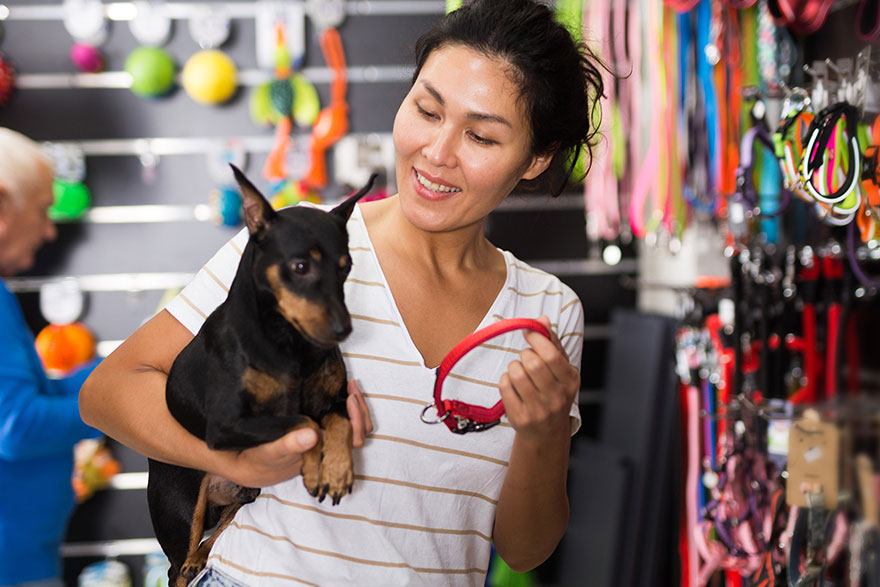
Pet Shops Role in Australia
- Share
- Share
- Share
- Share
Read About the Changing Role Pet Shops Have Undergone in Australia.
Remember the days when you could go to the local shopping centre and find a shop that sold pets and all the pet accessories, you’d need to take care of your new best four-legged friend? It wasn’t that long ago.
As a child, pet stores were places you’d visit to see that ‘puppy in the window’. You’d go inside and be allowed to gently pat, even pick up and cuddle that fur baby, while asking your Mum whether you could take it home.
This article on pet shops will look at their important role in the pet industry and the recent regulations surrounding the sale of pets, in particular cats and dogs in shops across Australia, plus the impact online stores are having on suburban ‘bricks & mortar’ businesses.
Apart from the sharp drop in the number of pets sold in shops, which was a major source of income that also led to sales of everything else required to care for the puppy or kitten, small suburban stores have had to contend with the emergence of large national, even multi-national companies entering the market, buying up small businesses and building new ‘supermarket’ style pet stores, plus the growing competition from online businesses selling pet accessories, pet food and all other manner of pet supplies, particularly for cats and dogs.
Of course, this trend doesn’t affect just the pet industry, but who are the real winners and losers?
Types of Pet Shops
As we mentioned above, there are now two distinct types of stores catering to the needs of Australian dog and cat owners. There are just over 1900 pet stores nationally and because Australia has one of the highest pet ownership rates in the world with more than two-thirds of all households owning at least one pet, it means shops catering to the needs of pet owners and their cats and dogs is part of a $22 billion a year industry.
Bricks & Mortar Pet Shops
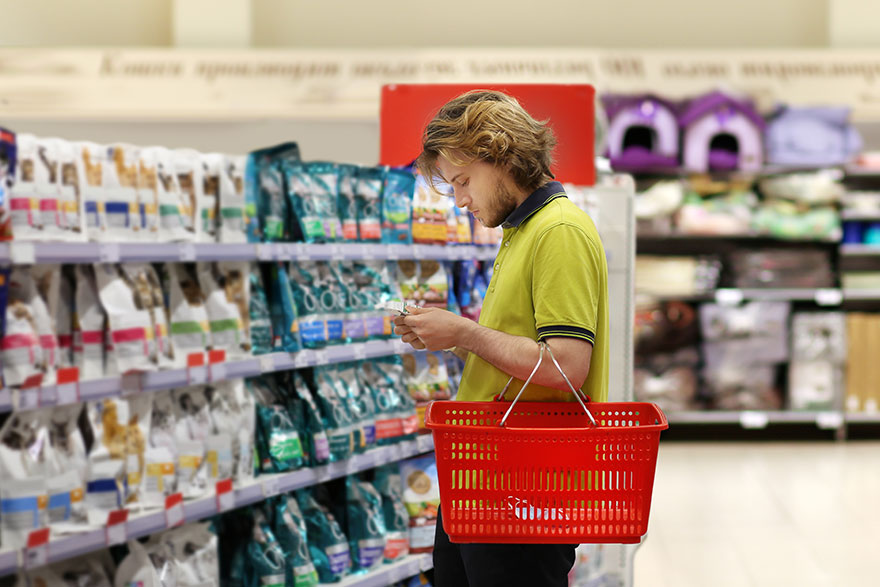
With the closure of many small shopping centre stores catering to the needs and care of pets, much larger chain businesses are springing up everywhere. The increased selection of brands, the greater number of options within product ranges and the choice of each now caters to a broader price bandwidth. The two largest players should not come as a surprise as Woolworths own 55% of Petspiration, containing 300 Petstock stores, 160 grooming salons and 65 vets, and Greencross Limited, Australia’s largest consumer facing pet care company owns over 200 pet stores across Australia trading as Petbarn. Yes, Greencross owns the 130 veterinarian practices branded Greencross Vets too.
So even though these two companies have just over 26% of the pet shop market, there are still more than 1400 small, bricks and mortar pet stores operating across the country, with many catering to outer suburban and regional markets.
Online Pet Shops
Online shopping continues to grow in size each year, with ‘convenience without paying more’ the driving reason given by consumers, who claim to be time poor for purchasing pet food and other pet supplies online instead of visiting a shop in person.
Most of the ‘bricks and mortar’ pet stores have a website and offer their pet related accessories for sale online, with shipping options across the country, and naturally enough the two biggest players, apart from having a strong website and online presence also offer a convenient ‘click and collect’ service too.
Then there are the specialty online pet shops that do not have a store front, operating out of warehouses, offering a range of pet related products that rivals or beats what’s available in the stores with extremely competitive pricing. The impact of these online juggernauts is such that the big pet stores offer to ‘price match’, so you don’t pay more buying anything they also sell in their shops.
With all this competition, consumers are the winners with greater choice and lower prices.
Sale of Pets in Pet Shops
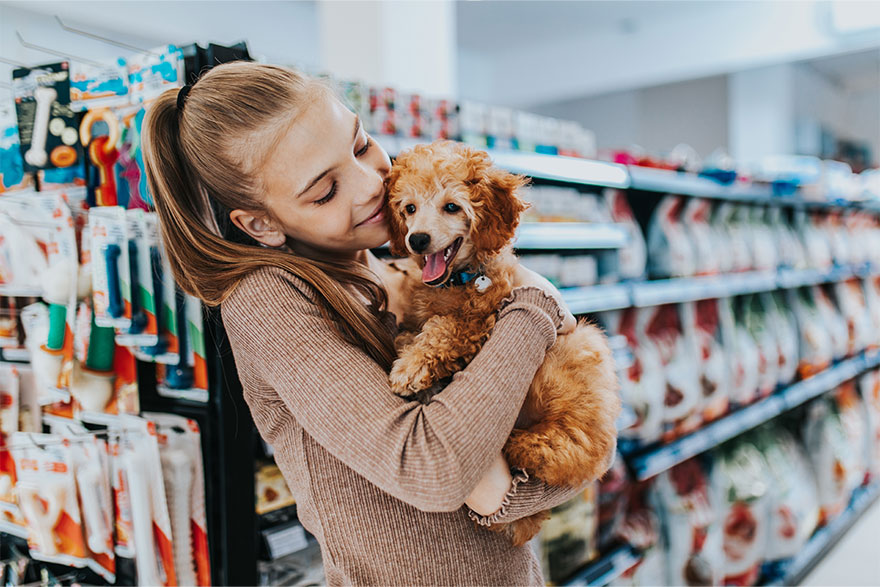
Cats and particularly dogs sold in pet stores has been one of the most controversial aspects effecting the pet industry in the last 10 years. The objection was driven by animal advocacy groups such as the RSPCA looking into how dogs were being bred in poor conditions by ‘puppy farms’.
These ‘puppy factories’ as they were also referred to were set up to maximise the profit that could be made from breeding dogs in large numbers. As a result of no regulations for their operation, the welfare of the dogs was neglected in many cases.
Pet shops were also a target of investigation because they were selling the puppies and profiting from the abuse dogs were subjected to by puppy farms.
As a result, most states of Australia have adopted laws that regulate the breeding and sale of dogs and cats. Mandatory desexing, registration of breeders, microchipping and of course the obligatory fines have been introduced or are being looked at by state governments across Australia at the time of this article being posted.
Pet Directory stands shoulder to shoulder with cats and dogs and wholly supports the highest standards of pet welfare, hereby calling for a national, not state based approach to the problem, including national registers of pet breeders and registration of owners, not the state-based proposal. Access should be granted by police in all states, not just veterinarians and pet owners should be able to check details of the breeder and microchip information advertised by sellers of pet cat and dogs nationally.
Pet Shops Summary of the Role
The number of pets sold in shops in the last 5 years has dropped sharply across all states of Australia for a number of reasons.
Firstly, as is the nature of those in power, and those wanting more control of others, penalising those individuals responsible for doing the wrong thing takes a back seat to the preferred method of penalising everyone with the introduction of state-based regulations and laws.
The number of pet stores has decreased, partly due to the consequences of the new regulations and laws, that ‘puppy in the window’ maybe gone for ever, but the role of ethical pet shops remains strong and provides a vital part in the care of both cats and dogs with their sale of pet food and pet supplies.
If you have something to say about your local pet shop or online store, leave a comment below.

Hi, I’m Isabella, the new Editor In Chief at PetsBook. Apart from writing some articles myself, with over 25 years pet experience, i am responsible for making sure you receive up to date information to keep your dogs and cats healthy, happy & wise.



